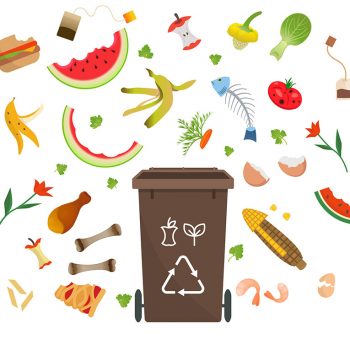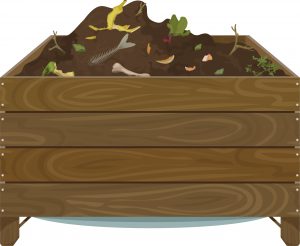Residents that actively participate in the organics food scraps program throughout the year will receive organic compost in the spring to use for gardening*.
Town of Newtown – Compost will be available in the spring for active participants of the Food Scraps Recycling Program. Compost is available on a first come, first serve basis. For more details email Arlene Miles at arlene.miles@newtown-ct.gov
Town of Redding – Compost will be available in the spring at the Transfer Station for active participants of the Food Scraps Recycling Program. Compost is available on a first come, first serve basis. For more details email Paige Silva at psilva@townofreddingct.org
Town of Ridgefield- Compost will be available in the spring, for active participants of the Food Scraps Recycling Program. Compost is available on a first come, first serve basis. For more details email Town of Ridgefield Recycling Coordinator Tiffany Carlson at recyclingcoordinator@ridgefieldct.org
Town of Wilton- Compost will be available in the spring at the Transfer Station for active participants of the Food Scraps Recycling Program. Compost is available on a first come, first serve basis. For more details email Town of Wilton DPW Administrative Manager Jen Fascitelli at jennifer.fascitelli@wiltonct.org
*To receive compost, you must be an active participant in the Newtown, Redding, Ridgefield and Wilton organics program.


